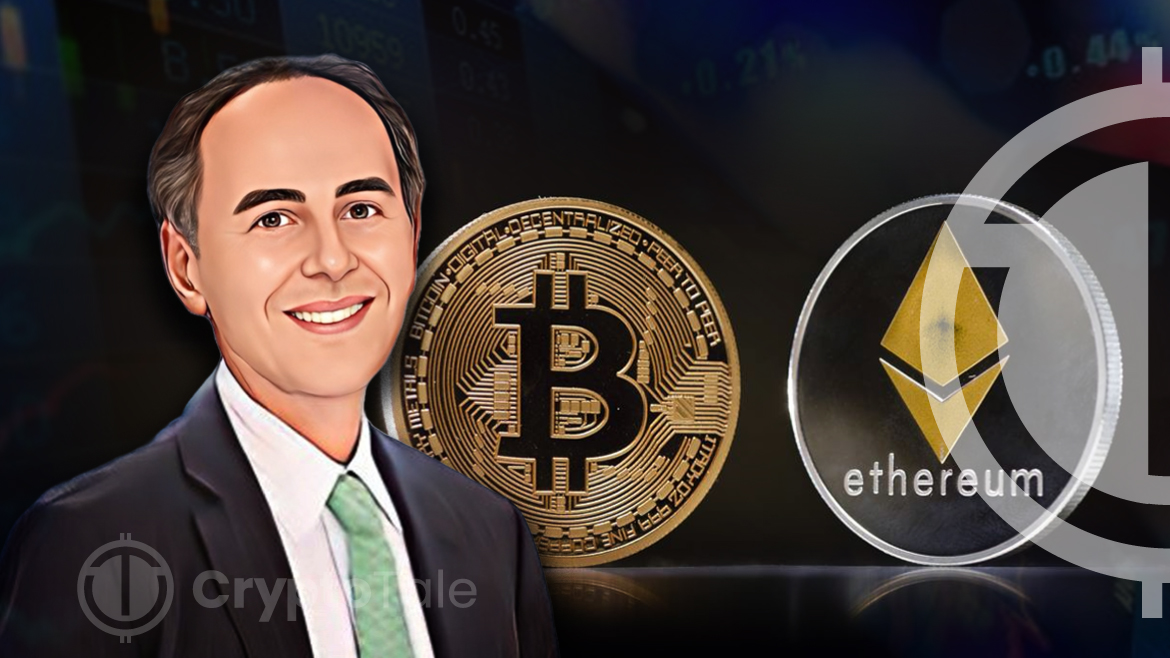- Jan van Eck strongly criticized the high transaction fees associated with Bitcoin and Ethereum, promoting layer 2 solutions and Solana as efficient alternatives.
- Although Solana presents a lower-cost and faster option than traditional cryptocurrencies, it has encountered significant technical issues.
- Van ECK also commented on the discussion surrounding Ethereum ETFs, stating that the probability of being approved by the May deadline is low.
Jan van Eck, CEO of investment firm VanECK, believes that the cryptocurrency industry should focus more on transaction fees rather than Bitcoin, Ethereum, or their exchange-traded funds. Speaking his mind on April 10, van ECK discussed the unpredictable nature of fees on Bitcoin and Ethereum.
The CEO went on to draw attention towards the layer 2 blockchains and the Solana network, stating that transaction costs are “available at affordable rates” via these channels. Going further into the topic, he said, “No one would ever use” Bitcoin and Ethereum as a result of the hefty fees. He presented a question to the broader audience, stating:
My analogy for non-crypto people is, would you want to fill your car at $50, you know, week after week, and then one week at $600? And that’s effectively what high gas fees are on Ethereum.
Gas fees on both the Bitcoin and Ethereum networks have long been a topic of discussion in the cryptocurrency industry. During times of high demand, these fees often soar to the point that they make the transaction unfeasible, often resulting in failed transactions.
Layer 2 networks, built on top of the main networks, were created as a means to address these issues. These sidechains help reduce network bottlenecks by shifting some of the network load off-chain, resulting in cheaper fees. For instance, Bitcoin’s lightning network and Ethereum rollups are layer 2 networks.
Meanwhile, Solana is a layer 1 protocol that boasts cheaper transaction fees and faster speeds compared to Bitcoin and Ethereum. According to Jan van Eck, these solutions are significantly more efficient and have “predictable costs.” “Real stuff can be built on these databases now,” he said, adding, “We’re going to see that in the next couple of years.”
It must be noted that the Solana network has also faced technical hiccups on multiple occasions. Most recently, the so-called ‘ethereum killer’ saw 75% of non-vote transactions failing due to what developers are calling an “implementation bug.”
Further in the interview, Van ECK also addressed the debate over Ethereum ETFs, adding that it is unlikely such products will be approved by the May deadline. He added that his firm hasn’t “heard anything” from the U.S. Securities and Exchange Commission since filing for a spot ETF product.
Touting the silence from the commission as a “sign,” Jan Van Eck added:
It won’t happen without getting the disclosure documents in order.
Jan van ECK’s comments come as his investment firm is awaiting the SEC’s decision regarding its Ether ETF application. The current deadline is May 23.






